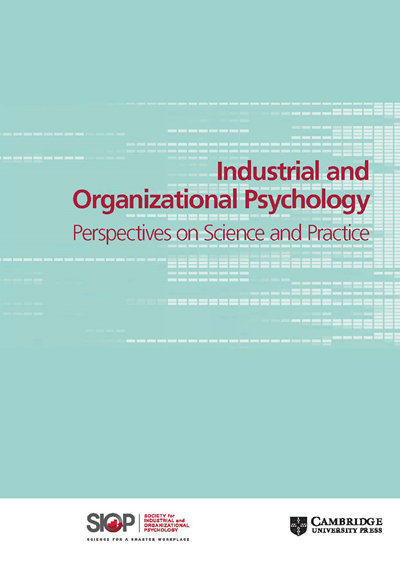Not your “typical” research: Inclusion ethics in neurodiversity scholarship
IF 4.3
3区 心理学
Q1 PSYCHOLOGY, APPLIED
Industrial and Organizational Psychology-Perspectives on Science and Practice
Pub Date : 2023-03-01
DOI:10.1017/iop.2022.100
引用次数: 0
Abstract
Research focusing on neurodiversity1 is critical for including all marginalized populations in the organizational diversity literature and for promoting theoretical innovation. It is imperative that such research models the ethics of inclusion (Gowen et al., 2019; Nicolaidis et al., 2019). Despite positive intent, majority group researchers have historically produced biased scholarship on novel marginalized populations (Colella et al., 2017). As all research includes some subjective bias, neurotypical researchers are likely to publish information that further marginalizes neurodivergent2 people as they inherently do not have the lived experience of being neurodivergent themselves. Researchers should include the perspectives of the members of the populations they are conducting research on and aim to support neurodivergent voices. We recommend that researchers (a) include neurodivergent research team members3 when researching neurodiversity and (b) strengthen the marginalized participant impact on research findings through methods like qualitative and participatory action research, especially if including neurodivergent research team members is not feasible despite legitimate attempts to do so.不是你的“典型”研究:神经多样性学术中的包容伦理
关注神经多样性的研究1对于将所有边缘化人群纳入组织多样性文献和促进理论创新至关重要。这类研究必须为包容性的伦理建模(Gowen等人,2019;Nicolaidis等人,2019)。尽管有积极的意图,但大多数群体的研究人员在历史上对新型边缘化人群产生了偏见(Colella et al.,2017)。由于所有研究都包含一些主观偏见,神经典型研究人员可能会发布进一步边缘化神经分化者2的信息,因为他们本身就没有神经分化的生活经历。研究人员应该包括他们正在进行研究的人群成员的观点,并旨在支持神经分歧的声音。我们建议研究人员(a)在研究神经多样性时,包括神经发散性研究团队成员3;(b)通过定性和参与性行动研究等方法,加强边缘化参与者对研究结果的影响,特别是在尽管有合法尝试,但包括神经发散研究团队成员是不可行的情况下。
本文章由计算机程序翻译,如有差异,请以英文原文为准。
求助全文
约1分钟内获得全文
求助全文
来源期刊

Industrial and Organizational Psychology-Perspectives on Science and Practice
PSYCHOLOGY, APPLIED-
CiteScore
7.70
自引率
10.10%
发文量
85
期刊介绍:
Industrial and Organizational Psychology-Perspectives on Science and Practice is a peer-reviewed academic journal published on behalf of the Society for Industrial and Organizational Psychology. The journal focuses on interactive exchanges on topics of importance to the science and practice of the field. It features articles that present new ideas or different takes on existing ideas, stimulating dialogue about important issues in the field. Additionally, the journal is indexed and abstracted in Clarivate Analytics SSCI, Clarivate Analytics Web of Science, European Reference Index for the Humanities and Social Sciences (ERIH PLUS), ProQuest, PsycINFO, and Scopus.
 求助内容:
求助内容: 应助结果提醒方式:
应助结果提醒方式:


